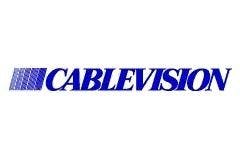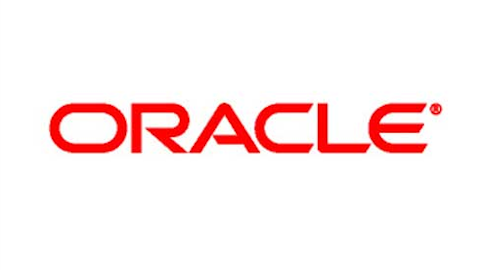It’s pretty easy to win an election if nobody’s running against you.
Unfortunately for investors, this strategy dominates corporate board elections, in which insiders have almost complete control over who serves on their boards.
Who gets to choose?
At most public companies, shareholders have very little say over who serves on the board of directors. Prospective directors are almost all nominated by company insiders and compete in uncontested elections. Within this structure, shareholders have to dump money into an expensive proxy contest if they wish to put up competing candidates. Alternatively, they can express disapproval for the existing candidates by withholding votes and hoping the shunned directors will be replaced by better candidates.

Denying you the choice
In hopes of gaining more power over director elections, shareholders at Bank of America Corp (NYSE:BAC), Charles Schwab Corp (NYSE:SCHW), Goldman Sachs Group, Inc. (NYSE:GS), Wells Fargo & Co (NYSE:WFC), and The Western Union Company (NYSE:WU) submitted proposals last year pushing the companies to grant some shareholders the right to list alternative director nominations.
But all of these companies attempted to deprive shareholders of the chance to vote on these proxy access proposals.
Bank of America Corp (NYSE:BAC) and Goldman Sachs Group, Inc. (NYSE:GS) successfully blocked these proposals after writing no-action letters asking the SEC staff to confirm that they would not recommend enforcement action for omitting these proposals from their 2012 proxies.
Charles Schwab Corp (NYSE:SCHW), Wells Fargo & Co (NYSE:WFC), and The Western Union Company (NYSE:WU) also submitted no-action letters to block proxy access proposals from their 2012 proxies, but the SEC indicated that these companies failed to provide adequate grounds for omitting them. While these proposals didn’t pass when they came to a shareholder vote, a significant minority — 31%-33% — supported the proposals at all three companies.
Who is listening?
Encouraged by the significant shareholder support in 2012, Western Union shareholder Norges Bank renewed pressure to increase shareholder access this year. It proposed that Western Union list director nominees from shareholders who have beneficially owned at least 1% of the company’s stock for at least one year.
Instead of attempting to simply block the issue, this year, Western Union agreed to compromise by granting some shareholders the right to list their director nominees on future proxies, but making holding requirements more stringent than those initially proposed by Norges Bank. Western Union now allows access to shareholders who have beneficially owned at least 3% of the company’s stock for at least three years.
Outside the finance industry, other companies have also responded to shareholder pressure to offer better proxy access. For example, Hewlett-Packard Company (NYSE:HPQ) responded to shareholder pressure in 2012 by promising to include a proxy access proposal in its 2013 proxy materials. When it did, the company’s board even recommended that shareholders vote for the proposal.
Why investors want a voice on the board
Many investors worry (rightly, I think) that the current system for selecting corporate directors undermines accountability. As the Cablevision Systems Corporation (NYSE:CVC) case shows, uncontested director elections can make it virtually impossible to oust even the most unpopular directors.
Also, as I’ve argued previously, I believe investors should worry about a system in which all of the directors are selected by insiders — especially given that the interests of company insiders aren’t always aligned with shareholder interests.
For these reasons, I believe we should look more favorably on companies that list shareholder nominees for the board of directors than those that don’t. And I suspect investors will more favorably value the shares of companies that do.
The article 1 Way Big Finance Stifles Shareholders originally appeared on Fool.com.
Motley Fool contributor M. Joy Hayes, Ph.D. is the Principal at ethics consulting firm Courageous Ethics. She has no position in any stocks mentioned. The Fool has a disclosure policy. Follow @JoyofEthics on Twitter. The Motley Fool recommends Goldman Sachs, Wells Fargo, and Western Union. The Motley Fool owns shares of Bank of America and Wells Fargo.
Copyright © 1995 – 2013 The Motley Fool, LLC. All rights reserved. The Motley Fool has a disclosure policy.
